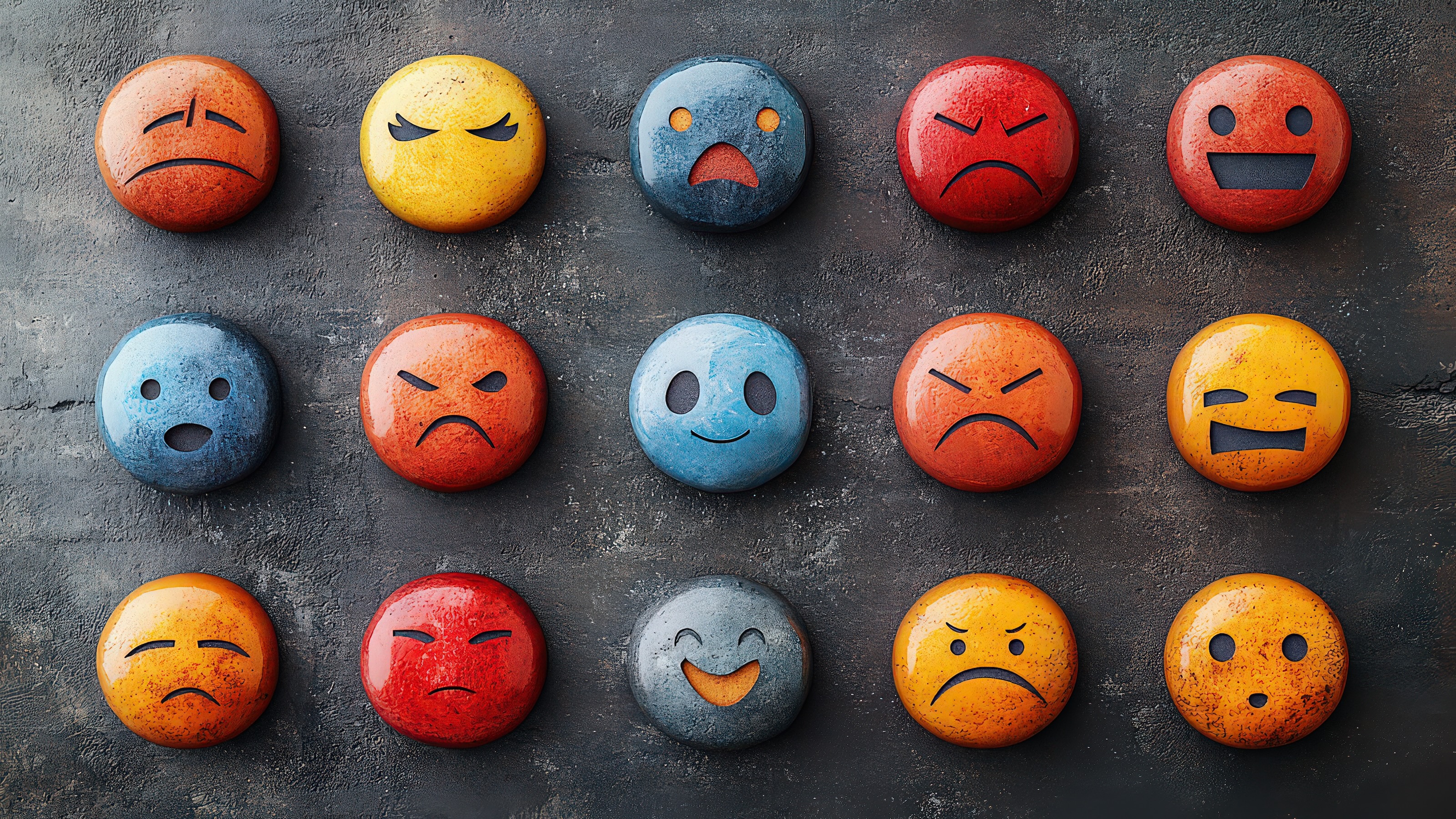The New Attention Economy: Texting During Surgery

Texting while driving was only the tip of the iceberg. As smart phones, tablets and other mobile gadgets make it possible to interact with tiny little screens wherever we go, they are also creating endless new ways to distract us from the real business at hand. Often, Facebook is just the more tempting option – and that may have serious consequences for society. The latest example? How about surgeons who are making personal calls during operations, nurses who are checking airfares during surgery, and medical lab technicians who are texting during medical procedures?
As a recent New York Times piece on “distracted doctoring” points out, the level of irresponsible distraction we once associated with multi-tasking drivers is now infiltrating a place where the ability to maintain focus is literally a matter of life-or-death — the hospital emergency room: “Doctors and nurses can be focused on the screen and not the patient, even during moments of critical care…” Computers, gadgets and tablets that once were thought to enhance the productivity of medical practitioners are turning out to foster counter-productive behaviors. In fact, there is now even a whole sub-genre of academic work dealing with “electronic distraction” in the professional workplace.
About a decade ago, Thomas Davenport and John Beck, the authors of The Attention Economy, suggested that human attention was a scarce commodity, and that the ability to harness this attention at a time of infinite consumption choices would be the key to competitive success. Quite simply, attention is the limiting factor in the consumption of information. For advertisers, this concept of the Attention Economy was particularly relevant, primarily because it was intuitively obvious that most consumers were not internalizing their messages – the marketplace was simply too cluttered. As a result, they needed a new type of marketing approach that would be able to reach the target consumer and capture his or her attention during a time of maximum information overload.
Little did Davenport and Beck imagine, though, that the real attention companies and organizations would need to harness would not be that of their customers and prospects, but of their own internal employees. Ten years ago, iPads, smart phones and other mobile devices were not so ubiquitous. The mobile generation has created The Distraction Economy – the imperative to maximize the economic value of a firm, while knowing that your employees are unable to focus on any topic or issue for more than a few minutes at a time. It means deriving maximum productivity out of your workers, knowing that they’re probably checking their Twitter and Facebook accounts during an important sales presentation or strategy brainstorm.
So what does it all mean now that many of us are using a number of different screens at once to consume information, data and entertainment? For one thing, it means that tech companies will need to continue to make interfaces simpler and easier to use. The user experience across any device or entertainment system will become easy, streamlined and intuitive – otherwise, you risk losing the attention of the distracted driver who is trying to finish up a game of Words With Friends while parallel parking. Google researchers have even suggeted that computer operating systems will need to increasingly mimic the human operating system, to the point where the two become inseparable from each other. That may mean more computing systems controlled by physical movements and gestures, or even by mind control.
From an evolutionary perspective, “attention” and “distraction” play an important role in the ultimate survival of a species. If you buy into Darwin’s whole “survival of the fittest” concept, the gene pool of a population self-selects for those traits that best help a species survive to the next generation. For most of human evolutionary experience, the ability to focus on one task at a time – like hunting or gathering – has been favored by evolutionary forces. Now, we appear to be shifting evolutionary gears – it is the ability to function at peak ability while distracted that matters. In other words, a doctor who is able to conduct open heart surgery in a busy public hospital emergency room, while simultaneously texting a loved one and sneaking in a few rounds of Angry Birds may ultimately turn out to be the “the fittest.”
Image: Surgeon Answering the Phone / Shutterstock





